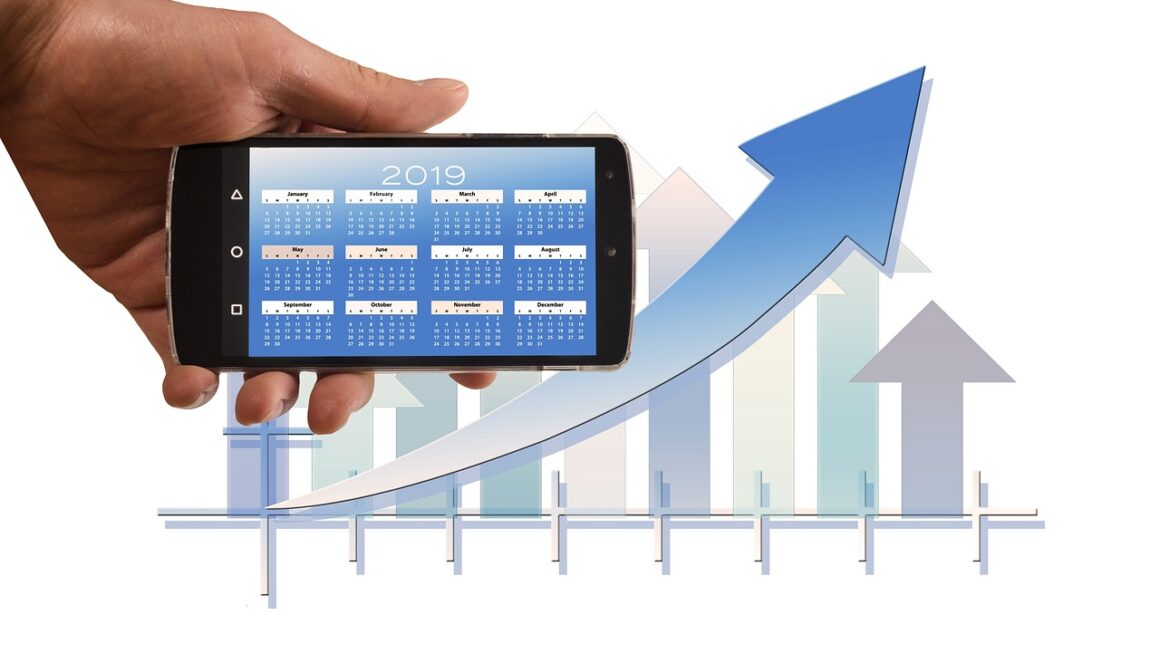Navigating the modern workplace can feel like traversing a complex maze, but with the right strategies and a proactive mindset, achieving success is within reach. This blog post aims to provide you with actionable insights and practical advice to not only survive but thrive in your professional environment. From mastering essential skills to building strong relationships and cultivating a growth mindset, we’ll cover the key elements that contribute to a fulfilling and prosperous career.
Mastering Essential Skills for Workplace Success
Workplace success hinges on a solid foundation of both technical and soft skills. Continuously developing these skills will not only make you a more valuable asset to your organization but also enhance your overall job satisfaction.
Technical Proficiency
- Staying Updated: In today’s rapidly evolving landscape, staying abreast of the latest technologies and industry trends is paramount.
Example: A marketing professional might learn about the latest SEO algorithms or social media advertising techniques.
- Continuous Learning: Embrace opportunities for professional development through online courses, workshops, and certifications.
Example: A software engineer could pursue a certification in cloud computing to expand their skillset.
- Data Analysis: Proficiency in data analysis is becoming increasingly important across various roles. Being able to interpret and draw insights from data can inform better decision-making.
Soft Skills Development
- Communication: Effective communication is the cornerstone of any successful workplace.
Verbal Communication: Practice clear and concise communication in meetings and presentations.
Written Communication: Refine your email etiquette and written reports for clarity and professionalism.
Active Listening: Pay attention to what others are saying, ask clarifying questions, and provide thoughtful responses.
- Collaboration: Teamwork is essential for achieving organizational goals.
Example: Actively participate in team projects, share your ideas, and be open to feedback.
Conflict Resolution: Develop skills to manage and resolve conflicts constructively.
- Time Management: Prioritize tasks, manage deadlines effectively, and avoid procrastination.
Example: Use tools like project management software or the Pomodoro Technique to optimize your workflow.
Building Strong Professional Relationships
Networking and fostering positive relationships are crucial for career advancement and overall job satisfaction. A strong network can provide support, mentorship, and opportunities for growth.
Networking Strategies
- Internal Networking: Build relationships with colleagues across different departments.
Example: Attend company events, join employee resource groups, and schedule informal coffee chats.
- External Networking: Attend industry conferences, join professional organizations, and connect with people on LinkedIn.
- Maintaining Relationships: Stay in touch with your network through regular communication and genuine engagement.
Mentorship and Guidance
- Seeking a Mentor: Find a mentor who can provide guidance, support, and valuable insights.
Example: Look for someone who has achieved success in your field and is willing to share their experiences.
- Being a Mentor: Consider mentoring junior colleagues or students to develop your leadership skills and give back to the community.
- Giving and Receiving Feedback: Actively seek feedback from colleagues and be open to constructive criticism. Provide feedback to others in a respectful and helpful manner.
Cultivating a Growth Mindset
A growth mindset, characterized by the belief that abilities and intelligence can be developed through dedication and hard work, is essential for overcoming challenges and achieving long-term success.
Embracing Challenges
- View Challenges as Opportunities: Instead of being intimidated by difficult tasks, see them as chances to learn and grow.
- Stepping Outside Your Comfort Zone: Take on new responsibilities and projects that stretch your skills and knowledge.
- Resilience: Develop the ability to bounce back from setbacks and learn from your mistakes.
Continuous Learning and Improvement
- Seeking Knowledge: Continuously seek out new information and skills through books, articles, courses, and workshops.
- Self-Reflection: Regularly reflect on your performance, identify areas for improvement, and set goals for personal and professional development.
- Experimentation: Be willing to try new approaches and experiment with different strategies to find what works best for you.
Managing Stress and Maintaining Work-Life Balance
Sustained workplace success requires managing stress effectively and maintaining a healthy work-life balance. Burnout can significantly impact productivity and overall well-being.
Stress Management Techniques
- Mindfulness and Meditation: Practice mindfulness and meditation techniques to reduce stress and improve focus.
- Exercise and Healthy Eating: Engage in regular physical activity and maintain a balanced diet to boost your energy levels and overall well-being.
- Time Management: Prioritize tasks, set realistic deadlines, and avoid overcommitting yourself.
Setting Boundaries
- Defining Work Hours: Establish clear boundaries between work and personal life to prevent burnout.
- Disconnecting from Technology: Take regular breaks from technology, especially outside of work hours, to recharge and relax.
- Saying No: Learn to say no to additional commitments when you’re already feeling overwhelmed.
Example: Politely decline extra projects when you’re already at capacity, explaining that you want to ensure existing commitments are met with excellence.
Leveraging Technology for Enhanced Productivity
Technology can be a powerful tool for boosting productivity and efficiency in the workplace. Mastering relevant software and applications can significantly streamline your workflow.
Automation Tools
- Task Automation: Use tools like Zapier or IFTTT to automate repetitive tasks, freeing up time for more strategic work.
Example: Automatically save email attachments to a specific folder or create tasks in your project management software from email notifications.
- Email Management: Utilize features like email filters, labels, and canned responses to manage your inbox more efficiently.
- Project Management Software: Implement project management tools like Asana, Trello, or Jira to track tasks, collaborate with team members, and manage deadlines.
Communication Platforms
- Instant Messaging: Use platforms like Slack or Microsoft Teams for quick and efficient communication with colleagues.
- Video Conferencing: Leverage video conferencing tools like Zoom or Google Meet for virtual meetings and remote collaboration.
- Collaboration Tools: Utilize tools like Google Docs or Microsoft Office 365 for real-time collaboration on documents and presentations.
Conclusion
Workplace success is a multifaceted journey that requires a combination of technical skills, soft skills, strong relationships, a growth mindset, effective stress management, and the strategic use of technology. By actively cultivating these areas, you can enhance your professional capabilities, build a fulfilling career, and achieve your desired outcomes in the dynamic world of work. Remember that continuous learning, adaptation, and a positive attitude are key ingredients for long-term success.




